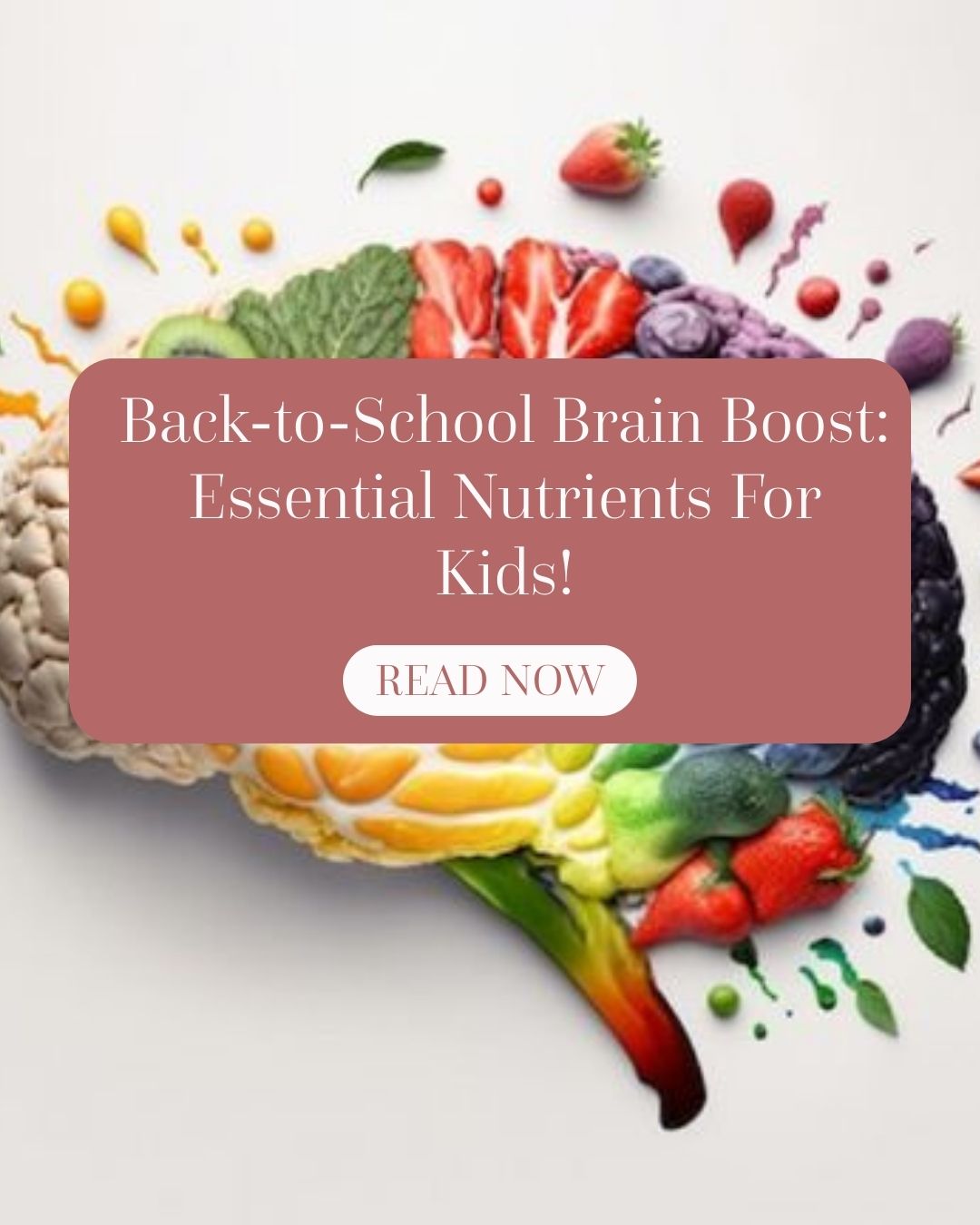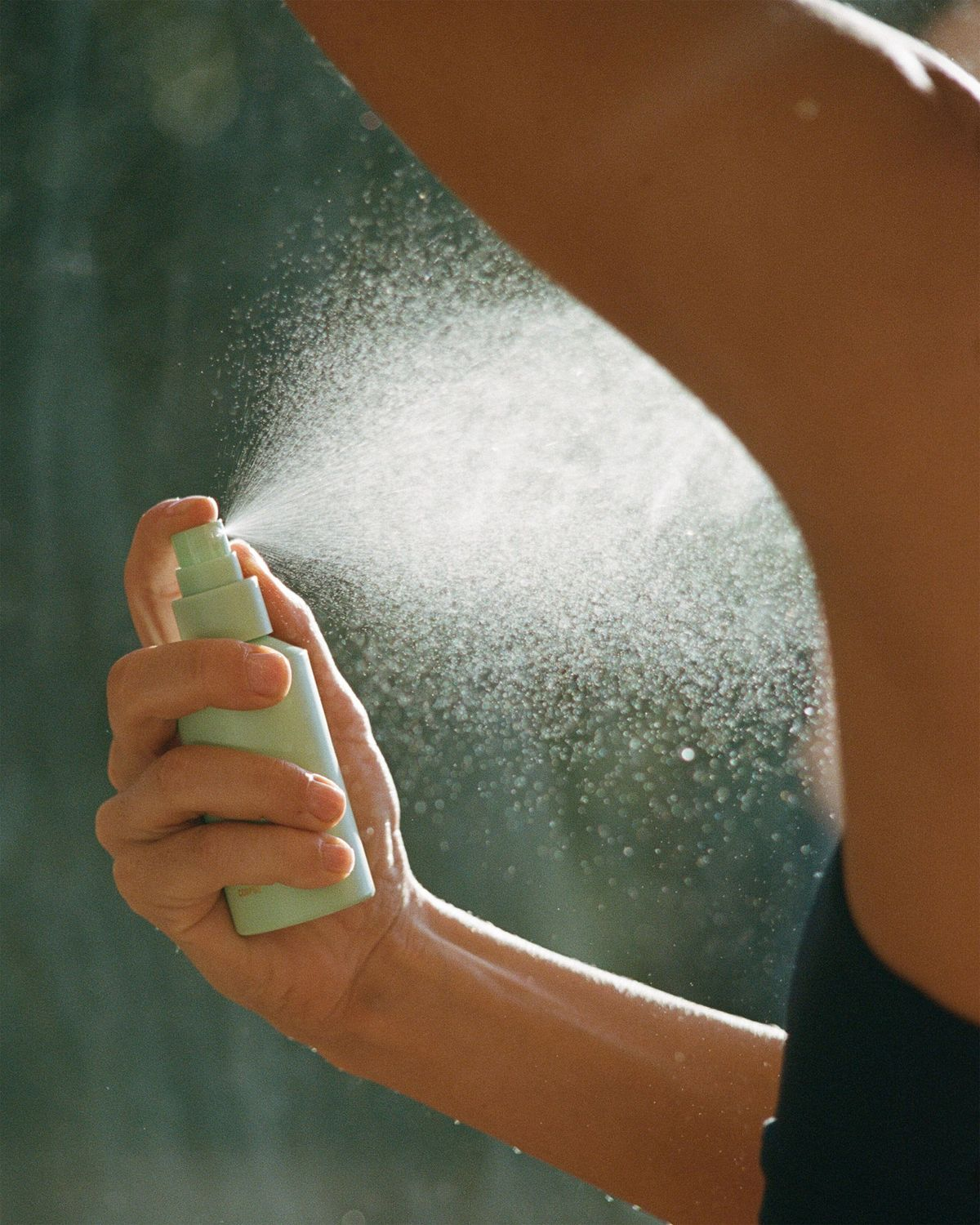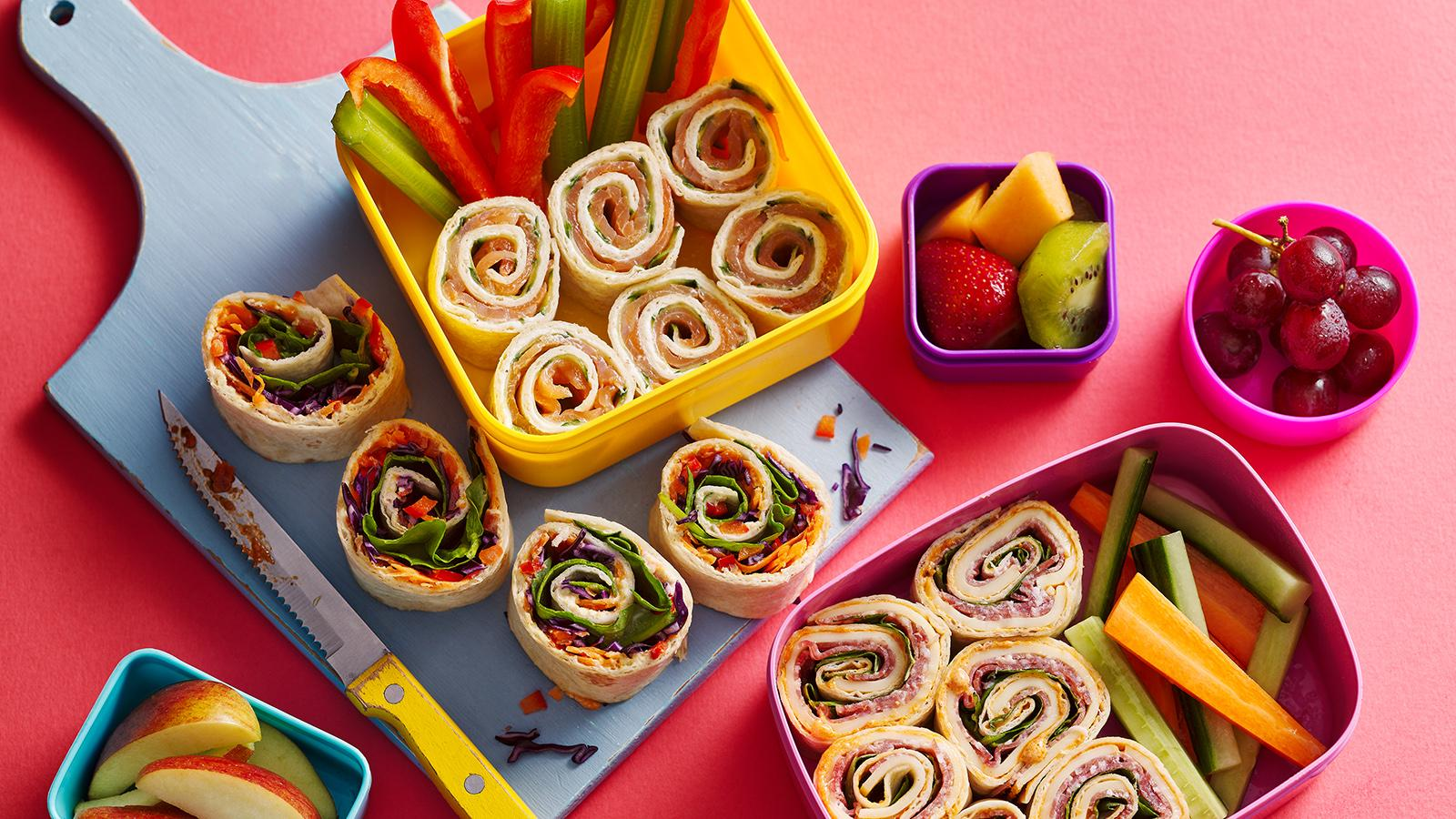Finally, back to some routine. I hear you!
The kids may not be so happy. However, we can make the transition a lot smoother, happier and
healthier for our children.
Quality Sleep
It’s important to establish good sleeping routines for both children and teenagers alike. Sleep
deprivation has been shown to contribute to difficulty learning, poor concentration, and decreased
problem-solving abilities, and an increase in aggressive student behaviour. It’s recommended for
most school-aged children to get about 9 to 11 hours of solid sleep per night and teenagers should
get about 8 to 10 hours of sleep each night.
For this reason, it is important to have some form of routine:
Keep the bedtime at a consistent time each night
Place electronic devices away at least 2hrs prior to bed time
Avoid TV screen time at least an hour before bed
Encourage children to read before bed
If you have an over-thinker, consider getting them to write their thoughts into a journal. You could
also download a meditation app such as HEADSPACE to get them geared for sleep.
Offer children a warm cup of chamomile tea to help soothe and relax them into sleep.
Practice gratitude. Every night, have them think of three things they appreciate. It sounds incredibly
simple, but this type of habit can greatly beneficial to their mindset, keeping them happy and giving
them a go to list of things to think about when they’re feeling overwhelmed.
Encourage healthy eating habits
Children who eat a nutritious breakfast function better. They do better in school, and have better
concentration and more energy. We know breakfast is no easy task in the mornings and we often
prepare our children a quick smoothie on the run using a range of nutritious kid’s powders packed
with vitamins and minerals to kickstart their day. Here are some options Powders
If you have a fussy eater, continue to offer them new foods, be a role model for healthy eating and
never use food as a reward.
Pack lunchboxes with a range of foods including fruit, vegetables, a source of protein and only offer
water for hydration. Children do not require pre-packed juices and flavoured milk or soft drink in
their diet. The lunchbox should display a range of fresh colours from the Earth and very little if any
from a processed packet or box. Here are some convenient, healthy snacks for lunchboxes:Click Here
Pack snacks and drinks in BPA and phthalate free containers and bottles to minimise exposure to
toxic chemicals on growing bodies. Here’s a range we use and recommend: Water Bottles
Manage stress & anxiety
Back to school season can be stressful for kids, but too much stress can lead to a variety of health
issues, including insomnia and a compromised immune system. We can help to manage stress by
having an open conversation with our children about any concerns they have with their classmates,
teachers or any learning challenges they may be experiencing. We also need to take care not to
overload anyone’s schedule, including our own. Schoolwork and after school activities are important,
but it’s also essential to take time to relax, play and spend time as a family.
Grounding – make time to get outdoors
It’s fairly easy to get kids outside during the summer and its certainly worth the effort. Spending
time outside naturally exposes our children to more bacteria, which supports their microbial
diversity and overall good health. This also helps to train the immune system to react appropriately
to stimuli instead of overreacting to every little thing in their environment. Kick off your shoes and
run on the grass, play in the soil and sun gaze at sunset as you prepare the body for a night of restful
sleep.
Wishing all our children a fruitful, successful, health filled 2019.
Derya Kucukali
Wholistic Health and Wellness Coach
Organic Instinct CEO




















